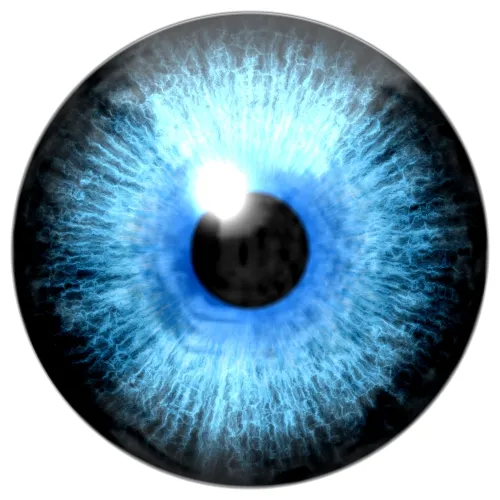Get to Know Refraction ABN Rules
Question: Thank you for your article last month about explaining payers’ refraction policies to patients. This has been a longtime issue for us and the template letter to patients really helped. However, I have one follow-up question. You mentioned that we could give an ABN to patients to ensure that they know they’ll be responsible for the service. However, I thought ABNs can’t be used on services that are statutorily excluded from Medicare like refraction is. Can you advise? Codify Subscriber Answer: Although you aren’t required to issue an ABN when a service is statutorily excluded from Medicare coverage, you have the option of doing so. What you should avoid, however, are “blanket ABNs,” which means you issue ABNs for all of your services just to “cover” yourself in case you get a denial. CMS says in its MLN booklet Medicare Advance Written Notices of Noncoverage, “You are not required to notify the beneficiary before you furnish an item or service that Medicare never covers or is not a Medicare benefit. You may, however, choose to issue a voluntary advance written notice of noncoverage or a similar notice as a courtesy to alert the beneficiary about his or her forthcoming financial liability.” In some cases, you’ll report the refraction code with modifier GY (Item or service statutorily excluded, does not meet the definition of any Medicare benefit or, for non-Medicare insurers, is not a contract benefit) appended. This modifier applies when Medicare statutorily excludes the service. If the patient has a secondary payer, that insurer may pick up the charge once it receives the Medicare denial, which is why modifier GY can be useful. Therefore, whether or not to issue an ABN is up to you, but it can help you prove that the patient had financial responsibility for the charge in some cases. However, if you have the patient sign a refraction policy that indicates they understand they’re responsible for refraction charges, then you shouldn’t typically need them to sign ABNs as well.




